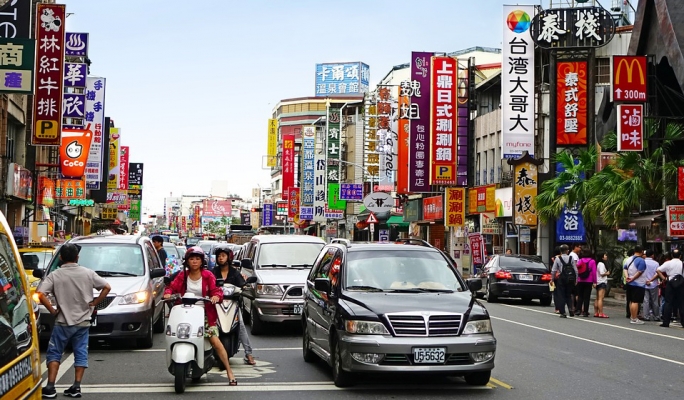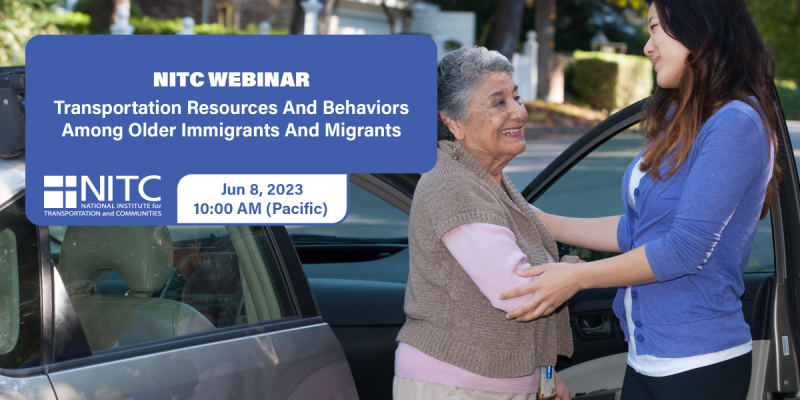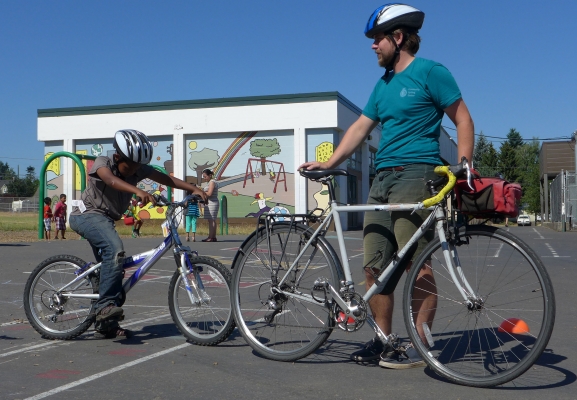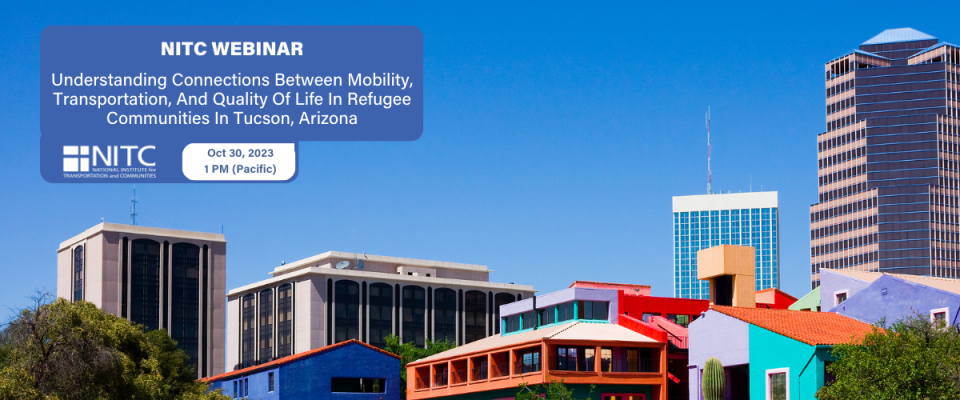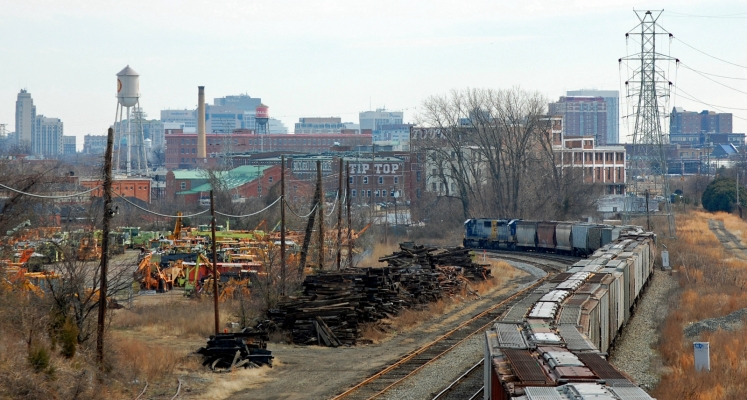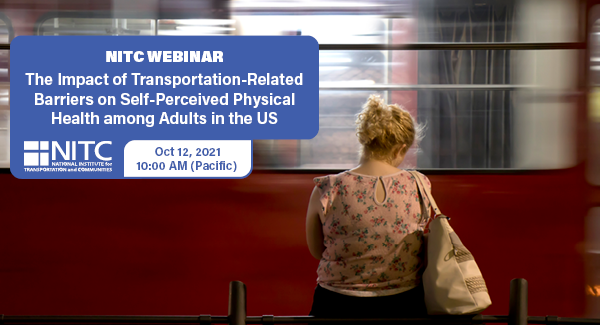This webinar is hosted by the University of South Florida's Center for Urban Transportation Research (CUTR). A video recording may be available through CUTR.
This presentation will explore methods used by MPOs to understand the equity effects of regional transportation plans and investments, based on research conducted for the National Institute for Transportation and Communities (NITC). The webinar will examine how MPOs are identifying communities of concern with regard to transportation equity, along with techniques used in evaluating accessibility to jobs and services, modal options, distributional equity of investments, and other equity considerations.
The webinar includes case studies of equity methods being applied in two distinctly different regions that participated in the research effort: 1) Hillsborough County, (Tampa) Florida: a lower density, sprawling, auto dependent area with limited public transportation; and 2) Portland, Oregon: a higher density, compact urban area with a variety of travel options and a strong urban growth management system. The two MPOs are at different stages of addressing transportation equity in their planning and public engagement activities. Transportation planners from each of these MPOs will discuss the development and application of their equity analysis methods and how attention to equity is being integrated into...
Read more
